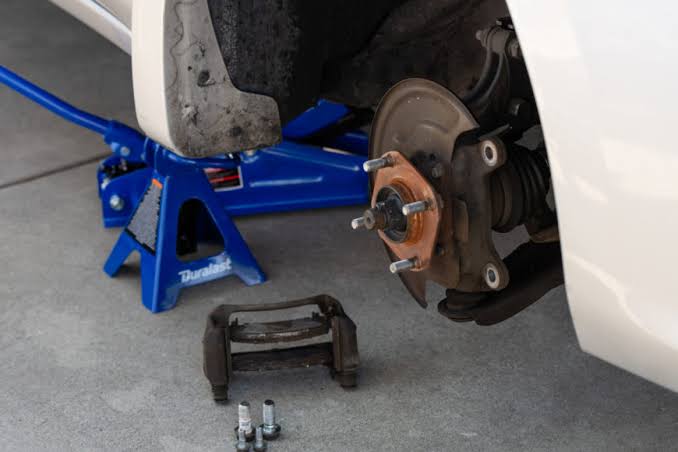Does Cold Weather Affect Engine Oil?

When temperatures drop, car owners often wonder if cold weather impacts their engine oil. After all, proper lubrication is critical for an engine’s performance and longevity. Does cold weather affect engine oil? The short answer is yes, but understanding how and why can help you take better care of your vehicle.
How Cold Weather Impacts Engine Oil
1. Thickening of Engine Oil
In cold weather, engine oil thickens due to lower temperatures. This can reduce its ability to flow freely through the engine, making it harder for the oil to reach critical components during startup.
- Viscosity Changes: The viscosity of engine oil increases as temperatures drop, which can delay lubrication in the engine.
- Startup Wear and Tear: Thick oil can result in increased friction and wear on engine parts during cold starts.
2. Slower Engine Start
Cold weather often leads to sluggish engine startups, partly because the thicker oil doesn’t flow as easily. This can place extra strain on your car’s battery and starter motor.
The Role of Oil Viscosity in Cold Weather
What Is Oil Viscosity?
Oil viscosity refers to its thickness or resistance to flow. It’s usually represented by numbers like 5W-30 or 10W-40:
- The “W” stands for winter.
- The number before the “W” indicates how the oil flows at cold temperatures. Lower numbers (e.g., 0W or 5W) flow better in cold conditions.
Why Does Viscosity Matter in Winter?
In colder climates, choosing oil with a lower viscosity rating (like 0W-20 or 5W-30) ensures it flows more easily when the engine is cold, providing better protection.
Tips for Protecting Your Engine Oil in Cold Weather
1. Use Winter-Grade Engine Oil
Switch to an oil with a low “W” viscosity for the winter months to improve cold-weather performance. Consult your vehicle’s owner manual for recommendations.
2. Warm Up Your Engine
Allow your engine to idle for a few minutes after starting in cold weather. This gives the oil time to warm up and circulate properly.
3. Keep Up With Regular Oil Changes
Fresh oil flows more effectively than old, degraded oil. Stick to your car manufacturer’s recommended oil change schedule, especially before winter.
4. Store Your Vehicle in a Warm Location
If possible, park your car in a garage or another temperature-controlled area to minimize the impact of freezing temperatures on your engine oil.
5. Use an Engine Block Heater
For extremely cold climates, consider using an engine block heater. This device warms the engine and its oil, ensuring smoother startups.
Signs of Engine Oil Issues in Cold Weather
1. Sluggish Starts
If your car struggles to start on cold mornings, thickened oil might be part of the problem.
2. Increased Engine Noise
Unusual sounds during startup can indicate delayed oil circulation caused by thickened oil.
3. Oil Warning Light
If your oil pressure warning light comes on, it could be due to poor oil flow in cold temperatures.
Frequently Asked Questions
1. Can Cold Weather Freeze Engine Oil?
Engine oil doesn’t freeze like water, but it can thicken significantly in extremely low temperatures, making it less effective.
2. How Often Should I Change My Oil in Cold Weather?
Stick to your regular oil change schedule, but consider changing to a winter-grade oil before the temperatures drop.
3. Is Synthetic Oil Better for Cold Weather?
Yes, synthetic oils are designed to flow more easily at low temperatures, providing better protection and performance in winter conditions.
4. Can I Use the Same Oil Year-Round?
It depends on your climate. In regions with mild winters, you may not need to change oil types seasonally. In colder climates, switching to winter-grade oil is recommended.
Conclusion
Cold weather does affect engine oil, primarily by increasing its thickness and reducing its flow. This can lead to harder engine starts, delayed lubrication, and increased wear. To protect your engine during winter, consider switching to winter-grade oil, warming up your car before driving, and keeping up with regular oil maintenance. By taking these steps, you can ensure your engine runs smoothly, even in freezing temperatures.
Also Check:
• Does Engine Oil Have an Expiration Date?






2 Comments